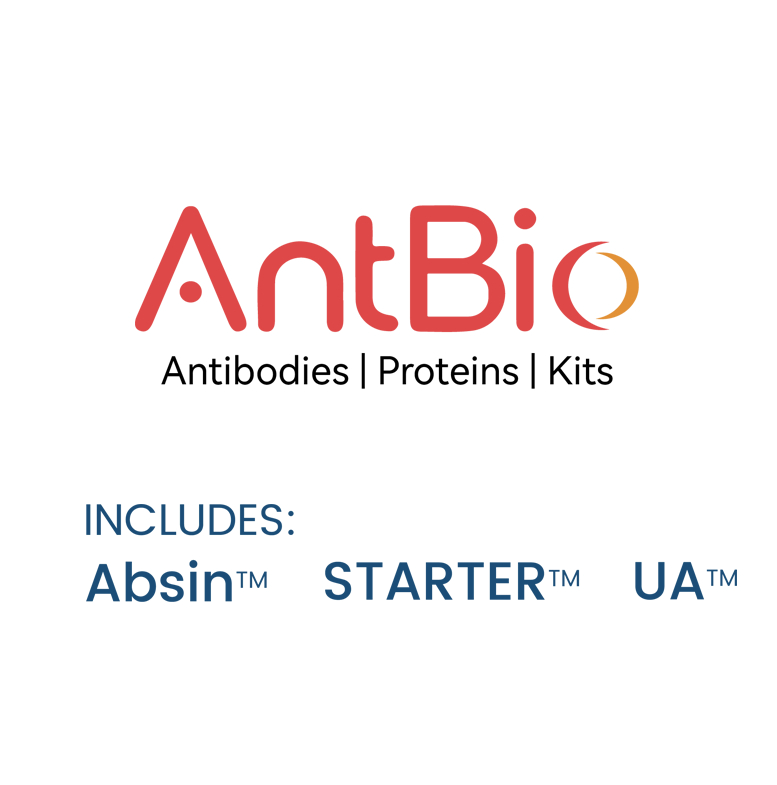1μg (R: reducing condition, N: non-reducing condition).
Product Details
Product Details
Product Specification
| Species | Human |
| Synonyms | Platelet Factor 4, PF-4, C-X-C Motif Chemokine 4, Iroplact, Oncostatin-A |
| Accession | P02776 |
| Amino Acid Sequence | Glu32-Ser101, with N-terminal His Tag |
| Expression System | E.coli |
| Molecular Weight | 11-14KDa (Reducing) |
| Purity | >95% by SDS-PAGE |
| Endotoxin | <0.1EU/μg |
| Conjugation | Unconjugated |
| Tag | His Tag |
| Physical Appearance | Lyophilized Powder |
| Storage Buffer | 20mM Tris, 600mM NaCl, pH8.0 |
| Reconstitution | Reconstitute at 0.1-1 mg/ml according to the size in ultrapure water after rapid centrifugation. |
| Stability & Storage | · 12 months from date of receipt, lyophilized powder stored at -20 to -80℃. · 3 months, -20 to -80℃ under sterile conditions after reconstitution. · 1 week, 2 to 8℃ under sterile conditions after reconstitution. · Please avoid repeated freeze-thaw cycles. |
| Reference |
1. Laura Lasagni, et al. (2007) Blood. 109(10):4127-34. 2. Pieter Ruytinx. et al. (2018) Cytokine. 109:65-71. |
Background
PF-4/CXCL4 is a member of the CXC chemokine family produced by cells of the megakaryocytic lineage. In megakaryocytes CXCL4 is synthesized, enclosed in vesicles, and transferred to the granules from which it is secreted following platelet activation.1 More recently, CXCL4 expression was also found in monocytes. The first biological function described for CXCL4 is its antiheparin activity, responsible for the important role of CXCL4 in the regulation of coagulation processes. Chemokines regulate leukocyte migration during physiological and pathological conditions. It is currently accepted that these chemotactic cytokines are also important in the development and progression of cancer. CXCL4 and its non-allelic variant CXCL4L1 are two platelet-associated chemokines that have been attributed anti-tumoral activity as a result of their angiostatic potential and the chemotactic activity for anti-tumoral leukocytes.
Picture
Picture
SDS-PAGE


